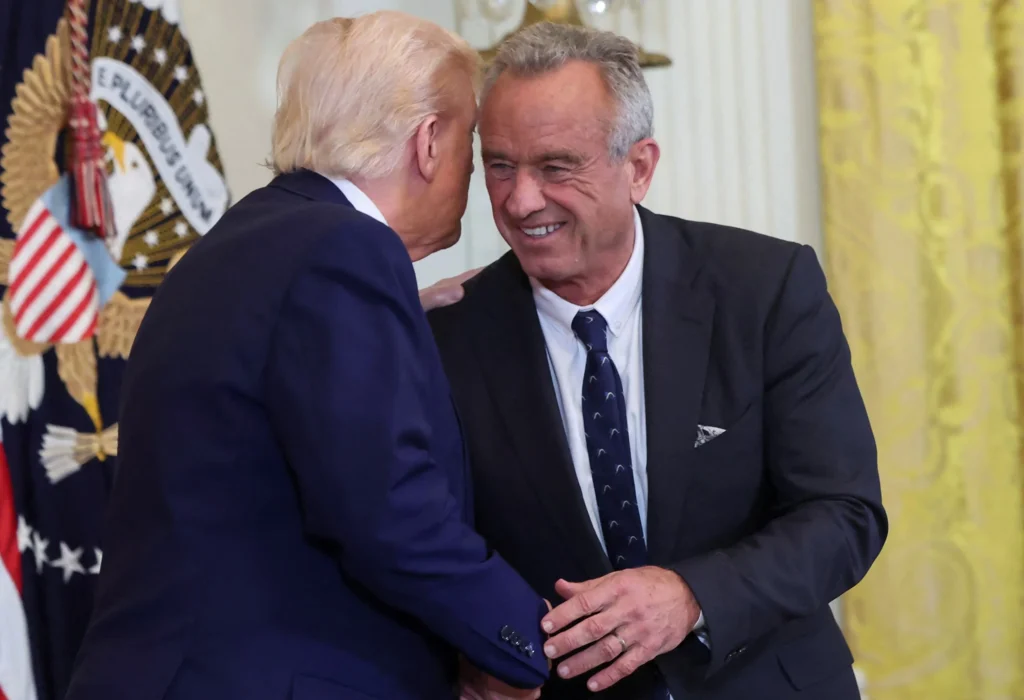The Trump administration’s much-publicized “Make America Healthy Again” (MAHA) report is facing growing scrutiny after multiple researchers and journals confirmed that some of the studies cited in the report simply don’t exist.
One of the most notable discrepancies involves Dr. Katherine Keyes, an esteemed researcher listed as the lead author of a study allegedly published in JAMA Pediatrics on teen depression and anxiety during the COVID-19 pandemic. But according to Dr. Keyes—and the journal itself—no such study was ever written or published.
“I was surprised to see what seems to be an error in the citation of my work,” Keyes told ABC News in an email. “Citation practices are a vital part of rigorous science, and this raises concerns.”
The faulty citation appears on page 52 of the MAHA report, which was unveiled last week by Health and Human Services Secretary Robert F. Kennedy Jr., who chaired the commission behind the report. While Keyes has done similar research, she confirmed that neither she nor her co-authors wrote the paper cited.

Two leading medical journals—the American Academy of Pediatrics and JAMA Pediatrics—also told ABC News they were unable to verify several other studies cited in the report.
The White House responded quickly. Press secretary Karoline Leavitt blamed the issue on “formatting errors” and assured reporters that the report was being updated. “These citation issues do not negate the core substance of the report,” she said, adding that the administration has “complete confidence” in Secretary Kennedy and his team.
Calley Means, a senior adviser to Kennedy and one of the report’s key organizers, echoed that defense. “The underlying data and conclusions are accurate,” he said. “Formatting errors have been corrected.”
Indeed, an updated version of the MAHA report has replaced several incorrect references with other sources and softened the language in certain sections. For example, a bold statement that direct-to-consumer ads “led parents to overestimate ADHD prevalence” was revised to say such ads “potentially” have that effect.
Andrew Nixon, an HHS spokesperson, insisted the report remains a “historic and transformative” step in addressing chronic illness in American children. “Under President Trump and Secretary Kennedy, we’re no longer ignoring this crisis,” Nixon said. “It’s time the media focuses on what really matters.”
However, controversy continues to swirl around Kennedy’s stance on scientific publishing. During a recent podcast appearance, Kennedy announced plans to cut ties with mainstream journals like The Lancet and JAMA, calling them “corrupt.” Instead, he wants the National Institutes of Health to launch its own research journals.
The MAHA report contains over 500 citations—many from top-tier peer-reviewed publications. However, some citations, including the one involving Dr. Keyes, return “DOI not found” errors, indicating that the referenced studies do not exist.

As debate over the report continues, critics argue that accuracy and transparency in scientific reporting are more important than ever—especially when shaping public health policy.












